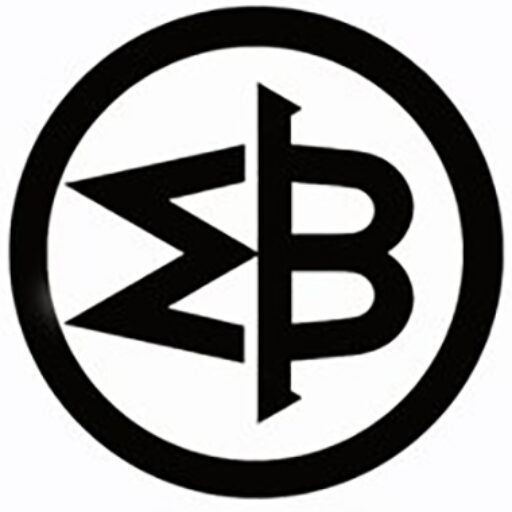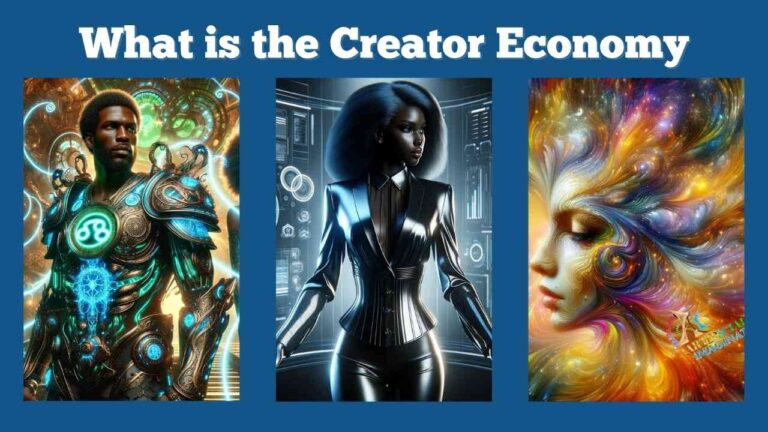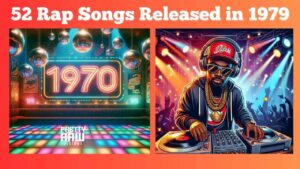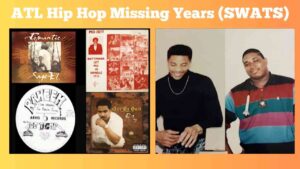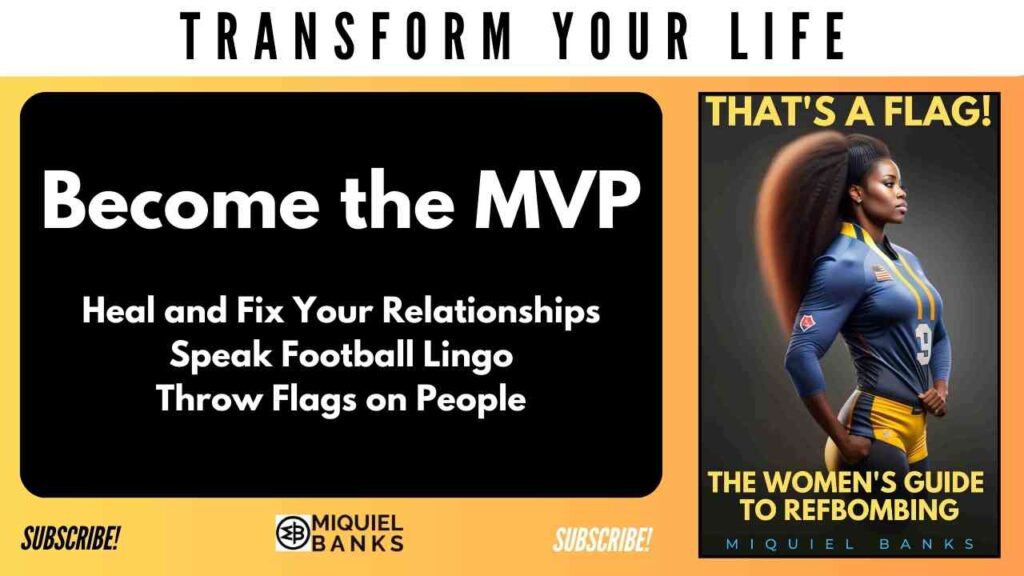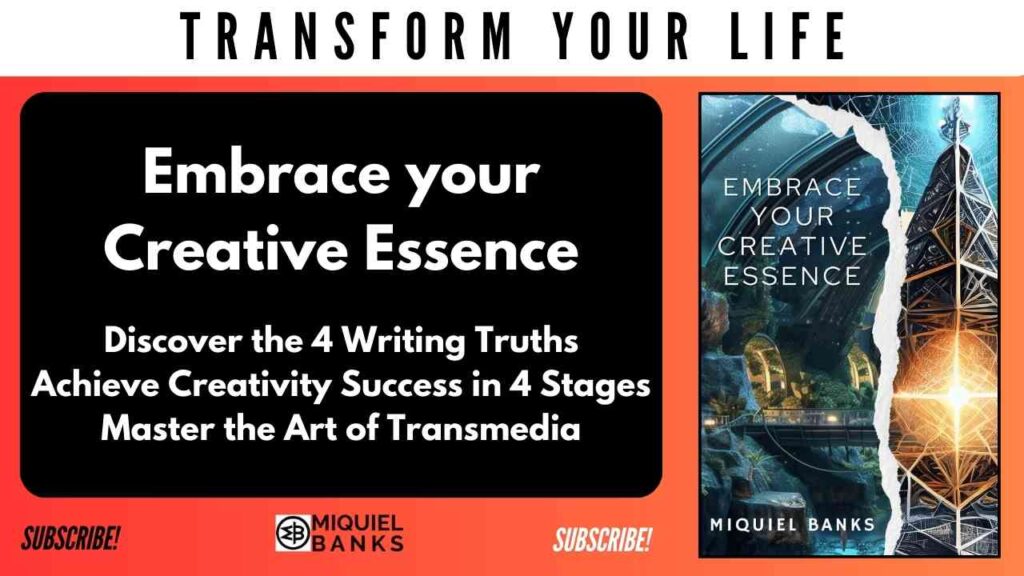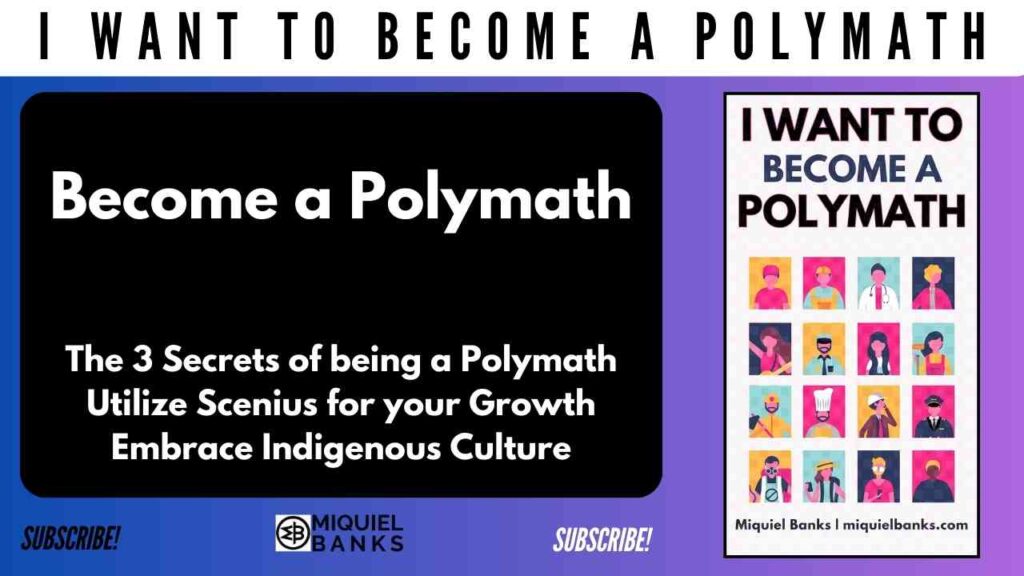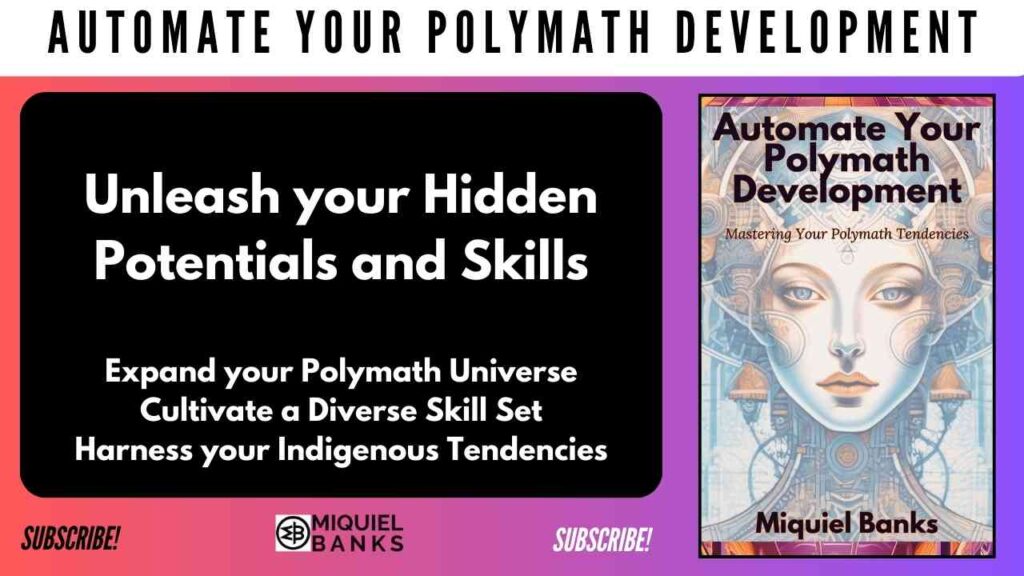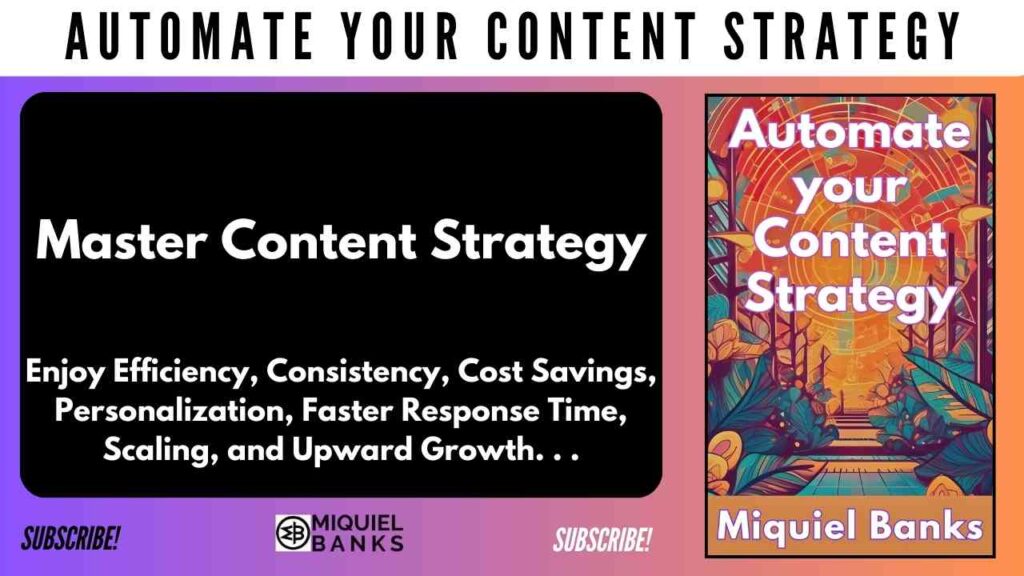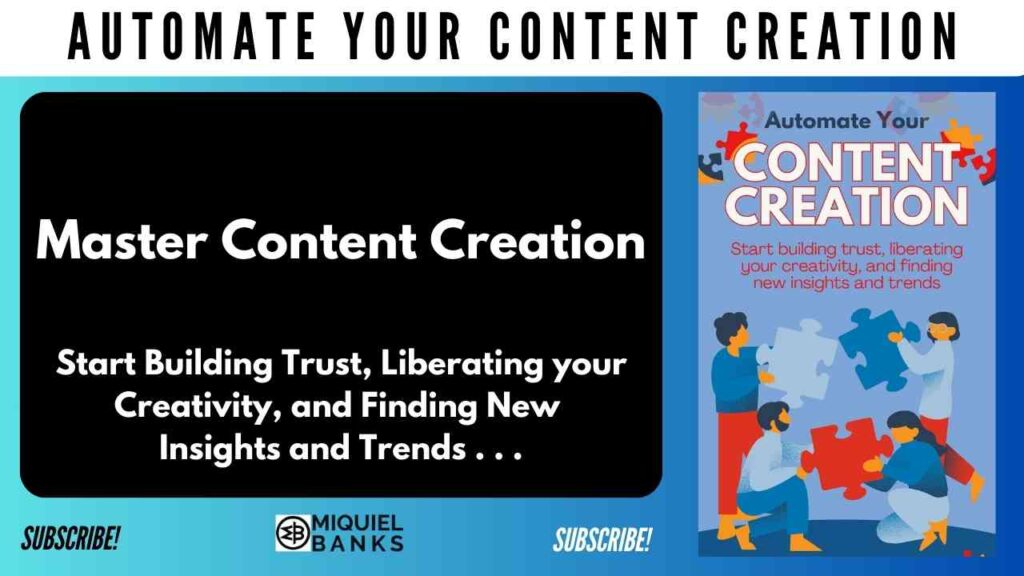The Formal/Official Definition
The Creator Economy defines the new Ecosystem and Economic Empowerment for People to create content/value and accrue a reputation to influence online.
The Informal Definition
The Creator Economy is the relationship between Creators and Communities to share value with one another and the Process by which Creators can monetize through value financially for content that is produced online.
The People
Influencer – A person who inspires/guides the actions of others and who is able to generate interest in something (such as a product or service) by posting about it on social media.
Micro-influencer – A person who has become known for his/her knowledge about some specialist niche.
Creator – A person that grows, makes, or invents something new or original into being. In addition, we can loosely define everyone as a Creator because the nature of the Digital Medium is to make stuff and share stuff.
Curator – A person that finds content that an audience will find important or useful, and captures or repositions it (content) for the audience’s benefit, education, or convenience.
Thought Leader – An informed opinion leader and the go-to specialist in his/her field of expertise that provides innovative thinking full of insight and information.
Defining the People
Think of a Micro-Influencer as a SME (Subject Matter Expert).
Think of an Influencer as a Specialized Celebrity.
Think of a Creator as an umbrella term for Artistry, usually identified with Digital Content.
Think of a Curator as a Specialized Type of Creator defined by this specialized skillset.
Think of a Thought Leader as a curated term for Leadership in the Creator Economy, removing the previous prejudices of categorization via industry and/or occupation.
The Technology
Internet – An electronic communications network that connects computer networks and organizational computer facilities around the world.
Interactive Content – Content that requires active engagement from its consumers. It empowers the individual to be more than just a passive viewer, but an integral part of a dynamic, two-way experience.
User-Generated Content – Any form of content, such as images, videos, text, and audio, that has been posted by users on online platforms, such as social media and wikis. It is a product users create to disseminate information about online products or the first that market them.
Platform – A group of technologies that are used as a base upon which other applications, processes, or technologies are developed.
Social Media – Forms of electronic communication through which users create online communities to share information, ideas, personal messages, and other content (such as videos).
Blockchain – A digital database containing information (such as records of financial transactions) that can be simultaneously used and shared within a large decentralized, publicly accessible network. In addition, it is a specific type of database that stores data in blocks that are then chained together.
Blockchain Technology – A shared, immutable ledger that facilitates the process of recording transactions and tracking assets in a business network. An asset can be tangible (a house, car, cash, land) or intangible (intellectual property, patents, copyrights, branding). Virtually anything can be tracked and traded on a blockchain network, reducing risk and cutting costs for all involved.
Crypto (short for Cryptocurrency) – a collection of binary data which is designed to work as a medium of exchange wherein individual coin ownership records are stored in a ledger, which is a computerized database using strong cryptography to secure transaction records, to control the creation of additional coins, and to verify the transfer of coin ownership.
The Four Eras of the Creator Economy
The Creator Economy began with the Internet’s creation, allowing the introduction of Interactive and User-Generated Content (UGC).
First Era (1.0) – The Rise of Agency Platforms
The rise of Social Networking and UGC Platforms
Creators didn’t really exist
Everyone is a Creator, everyone is a User
The rise of a Creator Class on the Internet (Proto-Creators)
Example: Rise of Agency Platforms, MySpace, Facebook (One Directional Follow)
Second Era (2.0) – The Rise of Major Brands
Proto-Creators start to amass influence and fame online start monetizing via Ads
Proto-Creators are influential, but they are the conduit for some other business to achieve its goals
Brands use Proto-Creators as a Channel for Advertising
Example: Instagram, Youtube, Web 2.0 (One Directional Follow)
Third Era (3.0) – The Rise of the Empowered Creator
Proto-Creators become fully-fledged Creators
Creators realize I can become a business, I don’t have to just show someone else’s Product and become the face of some other brand
Creators realize I can be the brand and I can be the Product and I can be a business in and of myself
Example: Substack, Patreon, Web 2.0 (Bi-Directional and Mutual Engagement)
Fourth Era (4.0) – The Rise of Crypto Creator Platforms
Creators are evolving past having a transactional relationship with their audience and not simply creating a business in and of themselves and sell products
Creators are blending/blurring the lines between the audience and Creator and this is creating micro-economies and richer ecosystems
Platforms that are built, operated, and owned by their Users
Economic Value can be moved at the same scale and same speed as we move information
Crypto allows sharing of value via tokens (packets for value) to/from anyone to an internet connection, regardless of where they are
Example: Crypto Creator Platforms, Web 3.0, Ownership Economy
Acronyms
UGC – User-Generated Content
UCC – User-Created Content
